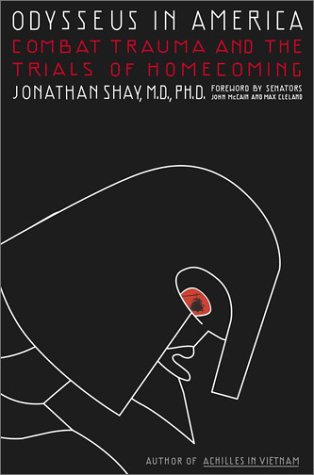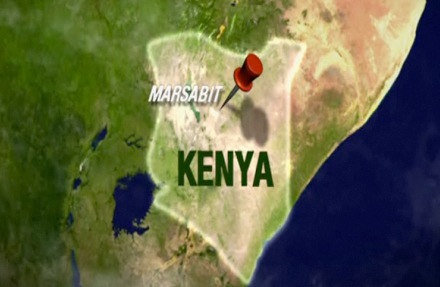Enough: A Poem for a November Morning
I like this poem by Jeffrey Harrison for its apparent simplicity. For its timeliness—a warm cloudless November morning. For its honesty—that surprise toward the end of the first stanza when the speaker of the poem admits to a mind that is not quiet but is instead roiled with personal grievance. It’s a gift, this cloudless November morning warm enough for you to walk without a jacket along your favorite path. The rhythmic shushing of your feet through fallen leaves should be enough to quiet the mind, so it surprises you when you catch yourself telling off your boss for a decade of accumulated injustices, all the things you’ve never said circling inside you. I love the way the wind picks up in this poem—and it shifts and changes everything and it’s as if the whole day is sighing its wise advice. It’s the rising wind that pulls you out of it, and you look up to see a cloud of leaves swirling in sunlight, flickering against the blue and rising above the treetops, as if the whole day were sighing, Let it go, let it go, for this moment at least, let it all go. I love the way the speaker of this poem goes on a walk and how it’s while walking that the thorny problem emerges—an entire decade of problems—but it’s also while walking that the problem is lifted up and carried on the wind. And I love that the poem is entitled “Enough.” Enough of that personal grievance circling around and around in a loop like all our old obsessions. And then there’s that other sense of enough that seems so right for November—that sense of plenty. In this moment—no matter who we are and no matter what we are and no matter what we’re doing—in some very real sense that is enough. A full text of the poem, “Enough” by Jeffrey Harrison If you scroll down on this page you can read the poem as a Text Flow. This is also available as an app–a month of free daily poems that are formatted in a Text Flow pattern (animated, with one line or word appearing at a time). It looks like after the first month of free poems that a year of daily poetry costs three...
read more




